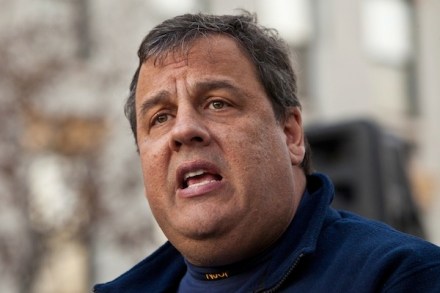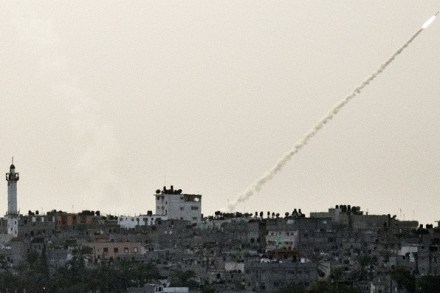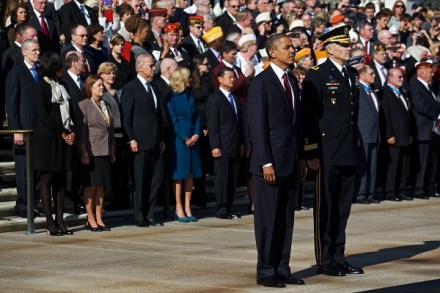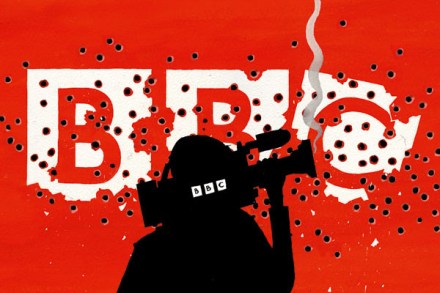Hopeless in Gaza
I have already tweeted my feeling of utter despondency at the situation in Gaza. I feel hopeless, both in the sense of having no hope and in the sense of being useless to help. Compared to the misery of what is happening on the ground my soul-searching is a mere pimple of suffering and I realise that I have no right to lose hope, when hope is what Israelis and Palestinians who want peace must cling to. But what has struck me in this conflict, more even than during Operation Cast Lead in 2008-9, is how quickly those who care to comment about such matters have retreated into pre-rehearsed positions.






















